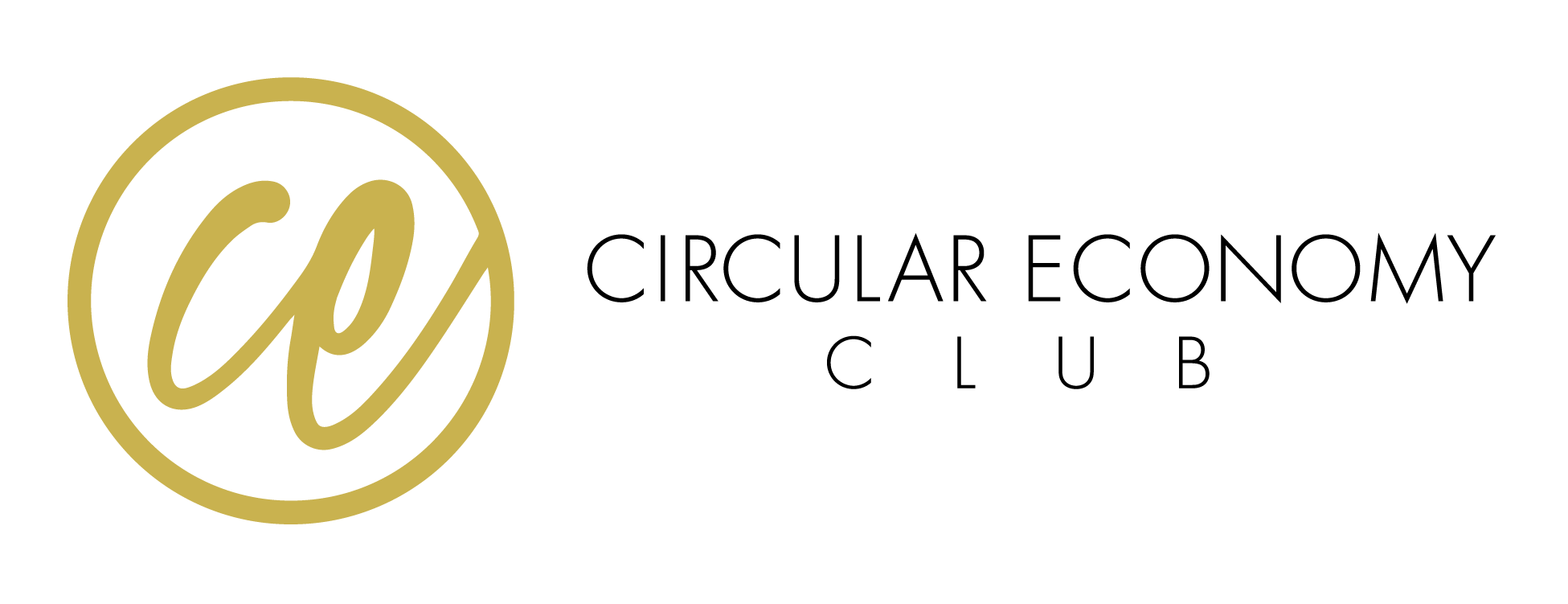- Profile
- More Info
- PHOTOS FROM THIS LISTING
- Video
- Map
- Comments
- Category
- Type of stakeholder
- Type of strategy
-
OrcaTec is working towards the reduction of single-use plastics on the Galapagos Islands since 2014. The local consumption of disposable plastic cups was an estimated 1.2 million per year (3290 cups per day). The IGUANA CUP project aims to reduce the use of single-use plastic cups in Galapagos by at least a third by the end of 2020. This project promotes a new perspective on product use and sparks change in consumers’ behaviour.
IGUANA CUP, a re-usable cup which can be used up to a least 400 times. The IGUANA CUP is placed in a multiway system for Coffee-to-go which started in July 2018. It is an essential part of the transition towards a circular economy on the Islands. Hereby consumers are empowered to make conscious choices in favour of the environment.
Already 33 Coffee-to-go-sellers such as restaurants, cafes and hotels on the Galapagos Islands are part of the multiway-system and using the IGUANA CUP frequently. The feedback is very positive and the project is backed by the local community. Also, 7 stores on the mainland in Quito, Otavalo, Ibarra and San Jose are participating. The establishment and running of the multiway-system on the Islands are done in close cooperation with a partner in Germany. The cups are made out of polypropylene, dishwasher safe and 100% recyclable and without BPA.
In order to drastically reduce disposable cups on the Islands by 2020 it will need at least 5000 IGUANA CUPs in the multiway-system and 150 participating partners. Also, the promotional activities must be increased for the project. The IGUANA mascot is a first step into draw attention of locals and tourists to the project. However, more promotional activities are needed.
-
Category: Cities (buildings, mobility, energy, water, waste management, ...), Consumer products & electronics, Food & Beverages, and Manufacturing (equipment, furniture, plastics, chemicals, ...)Type of stakeholder:
- Education
- Government
- Non-profit
- Private sector
Type of strategy:- Resources (e.g.: biodegradable materials and renewable energy)
- Business models (e.g.: rent and re-sell)
- Circular design (e.g.: cradle to cradle and design for disassembly)
- Product Life Extension (e.g.: repair and share)
- Waste as a resource (e.g.: composting and recycling )
-
-
-
-
Type of stakeholder:
- Education
- Government
- Non-profit
- Private sector
-
Type of strategy:
- Resources (e.g.: biodegradable materials and renewable energy)
- Business models (e.g.: rent and re-sell)
- Circular design (e.g.: cradle to cradle and design for disassembly)
- Product Life Extension (e.g.: repair and share)
- Waste as a resource (e.g.: composting and recycling )




